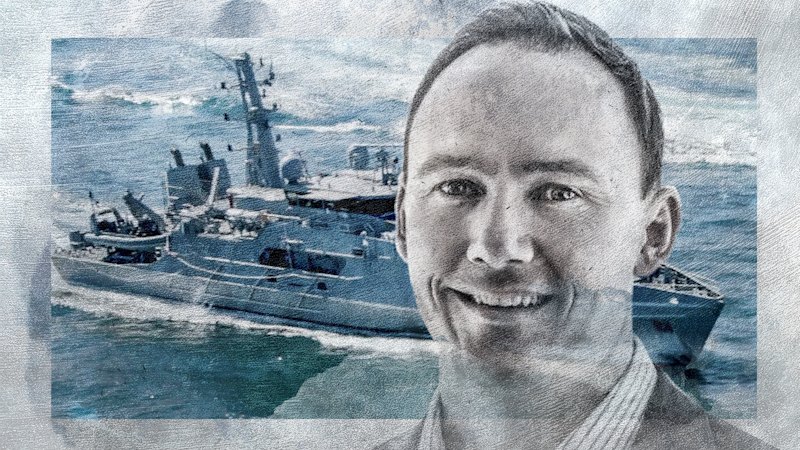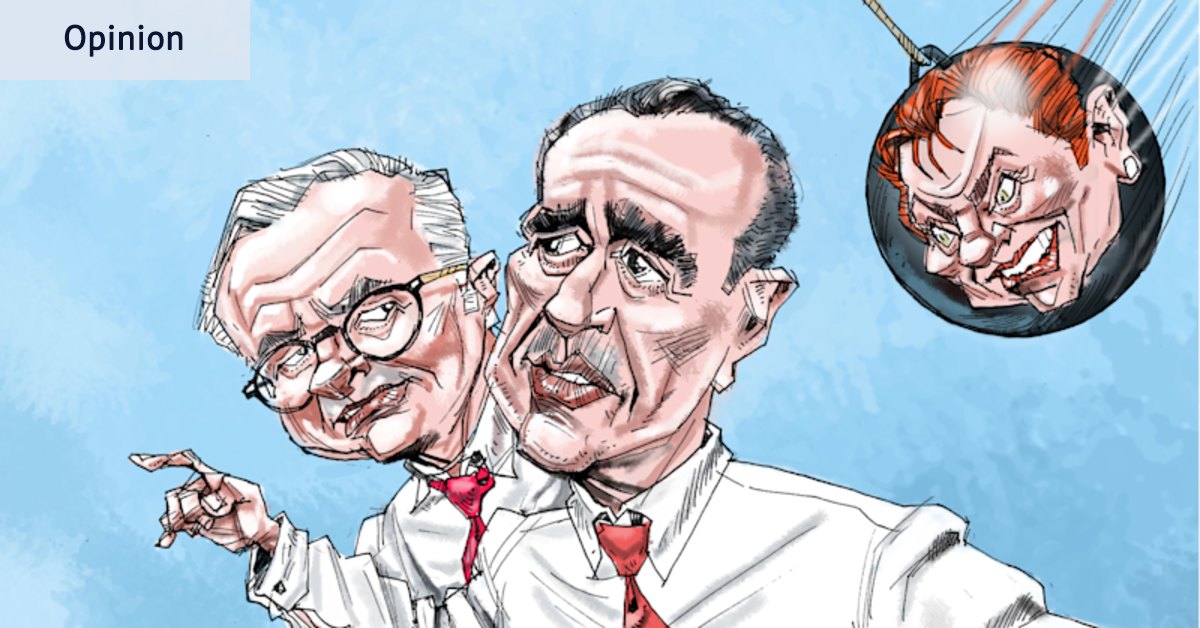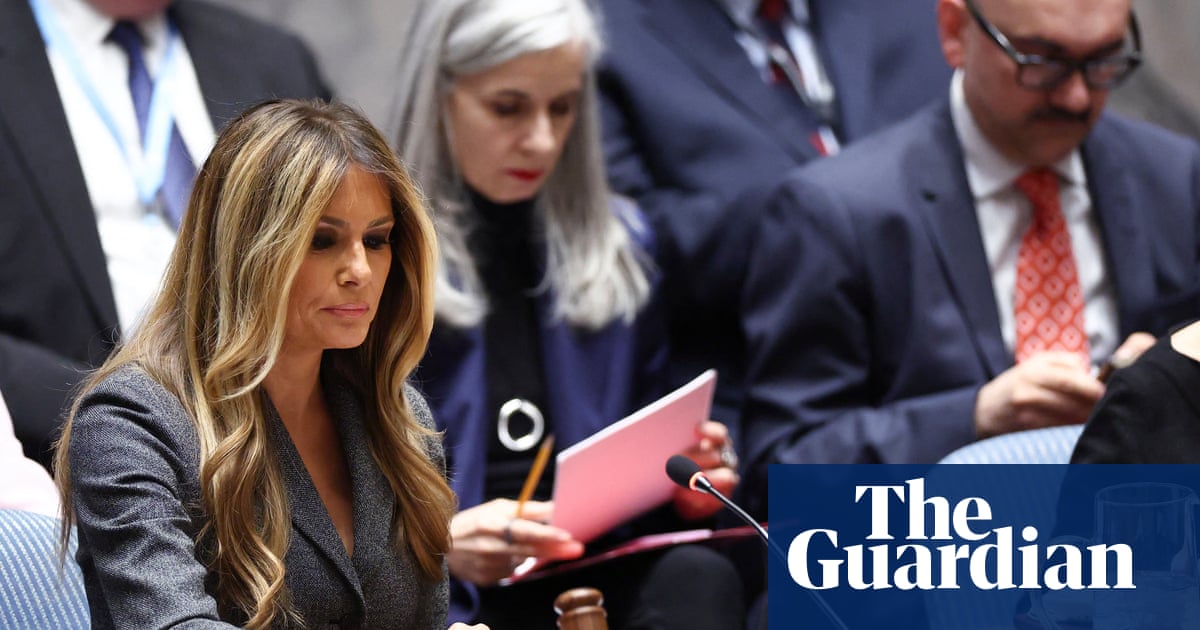
The former chief executive of Norsta Maritime, a leading defence and border security contractor, has accused the company of misleading the Australian military and exposing it to potential cybersecurity risks. Dan Smith, a military veteran turned businessman, claims that Norsta, under the leadership of its chairman, former Australian military commander Maurie McNarn, covered up his concerns and forced him out when he refused to stay silent.
Smith’s allegations are detailed in court records filed as part of a general protections and whistleblower reprisal case. This legal action opens a rare window into the secretive multibillion-dollar world of defence contracting. Smith is seeking damages, and his case coincides with the acceleration of Australia’s AUKUS deal, the largest naval project in the nation’s history.
Allegations of Misconduct and Cybersecurity Risks
Dan Smith served as Norsta’s chief executive from late 2024 until July, overseeing contracts that assist the Australian Navy and Border Force in maintaining their patrol boat fleets in the Indo-Pacific and South Pacific. These contracts involve sensitive information about naval equipment, readiness, and schedules.
According to court filings, Smith, a former Afghanistan veteran, alleged that he “repeatedly raised” serious concerns about Norsta’s internal issues and their impact on the Australian Defence Force and Border Force. He claims that Norsta employed “senior project managers” who were not qualified for their roles and used computer systems that were “not fit for purpose,” potentially exposing the firm and Defence to cyberattacks.
“Some IT systems were being used for the Defence contracts that had not been cyber-approved by the ADF,” Smith’s claim against Norsta alleges.
Concerns Over Misleading Information
Smith also claims that the Australian Defence Force may have been misled about Norsta’s delivery of military contracts. He suggests that “previous reports to the board of Norsta” contained misleading information that might not accurately reflect performance measures.
In his court claim, Smith’s legal team alleges that during the first six months of 2025, he warned directors, including ex-major general McNarn, about “noncompliance issues” and other misconduct. Instead of treating his concerns as a protected disclosure, Smith was allegedly warned that his employment probation period would be extended, or he could leave the firm.
Smith’s lawyers argue this constituted an unlawful attack on his workplace right to make a serious complaint without facing retribution.
Responses and Industry Context
When contacted, McNarn, who previously led Australia’s military operations in the Middle East, declined to comment, stating that the allegations would be contested in court. Norsta and McNarn have yet to file a defense.
Smith’s case is notable as he becomes one of the most senior figures in the defence contracting industry willing to make public allegations of wrongdoing. The court filings about cyber weaknesses at Norsta come after warnings from ASIO chief Mike Burgess about the increasing interest of foreign adversaries in Australia’s defence industry to exploit cyber vulnerabilities.
There is no suggestion that Norsta has been compromised, only that its former chief executive warned it was exposed to cyberattack.
Implications and Future Developments
The Smith case follows extensive media coverage of the significant sums the Australian government and Defence pay private firms for national security consulting projects. In 2023, reports revealed how Canberra-based defence consultant Noetic claimed to have unfettered access to high-ranking defence and national security agencies, providing privileged insights into government plans.
As the legal proceedings unfold, the case could have far-reaching implications for the defence contracting industry, potentially prompting increased scrutiny and regulatory oversight. The outcome may also influence how whistleblower protections are enforced within the sector.
The next steps in this legal battle will be closely watched, as they may set precedents for how similar cases are handled in the future.





